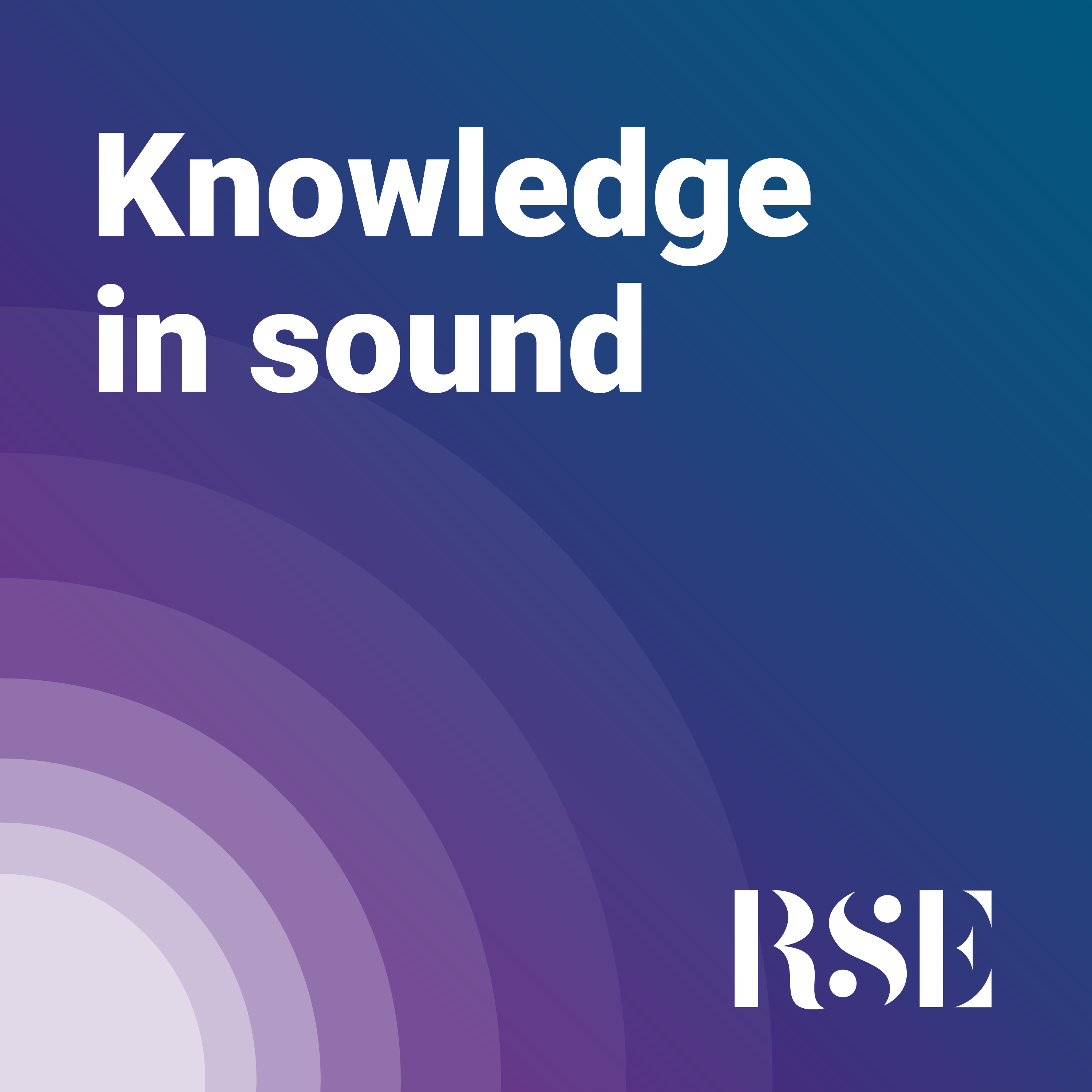What were the alternatives paths that could have been taken during Covid-19? The lessons learned can help minimise the damage from future pandemic responses.

The UK and Scotland face ongoing challenges from their departure from the EU. In the face of polling suggesting that a notable portion of...

In the age of artificial intelligence, Scotland's Royal Conservatoire remains a global leader in the performing arts, asserting the irreplaceable value of human creativity....

Researchers at the University of Strathclyde use an updated Foucault pendulum equipped with laser instrumentation to measure Earth's gravitational impact on spacetime, a phenomenon...